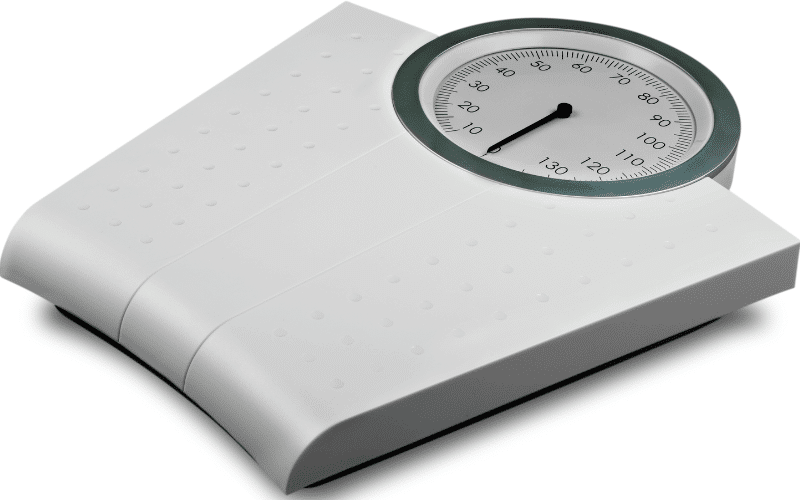8. Weight Loss: The Unintended Consequence of HD

In the complex web of Huntington’s disease symptoms, weight loss stands as a silent yet significant challenge. Despite maintaining or even increasing their food intake, individuals with HD often experience unexplained weight loss, presenting additional health concerns.
HD affects the basal metabolic rate – the rate at which the body uses energy while at rest. This increase in energy expenditure, combined with other factors like chorea-induced constant movement and swallowing difficulties, often leads to a negative energy balance, resulting in weight loss.
This unintended weight loss is not a mere cosmetic issue; it carries serious health implications. Weight loss can exacerbate fatigue, compromise immunity, and increase the risk of frailty and falls. More importantly, it can heighten the impact of other HD symptoms, creating a cycle of worsening health.
HD-associated weight loss can also mask malnutrition. Despite eating ample food, individuals may not meet their nutritional requirements due to increased energy expenditure or nutritionally poor food choices driven by difficulties in consuming certain textures.
Addressing weight loss in HD involves a multifaceted approach. From providing calorie-dense meals to incorporating oral nutritional supplements, every strategy aims to counter the negative energy balance. Enhancing the mealtime experience can also encourage food intake, aiding in weight maintenance. In the face of HD, understanding and managing weight loss can be a significant stride towards preserving health and enhancing quality of life. (8)